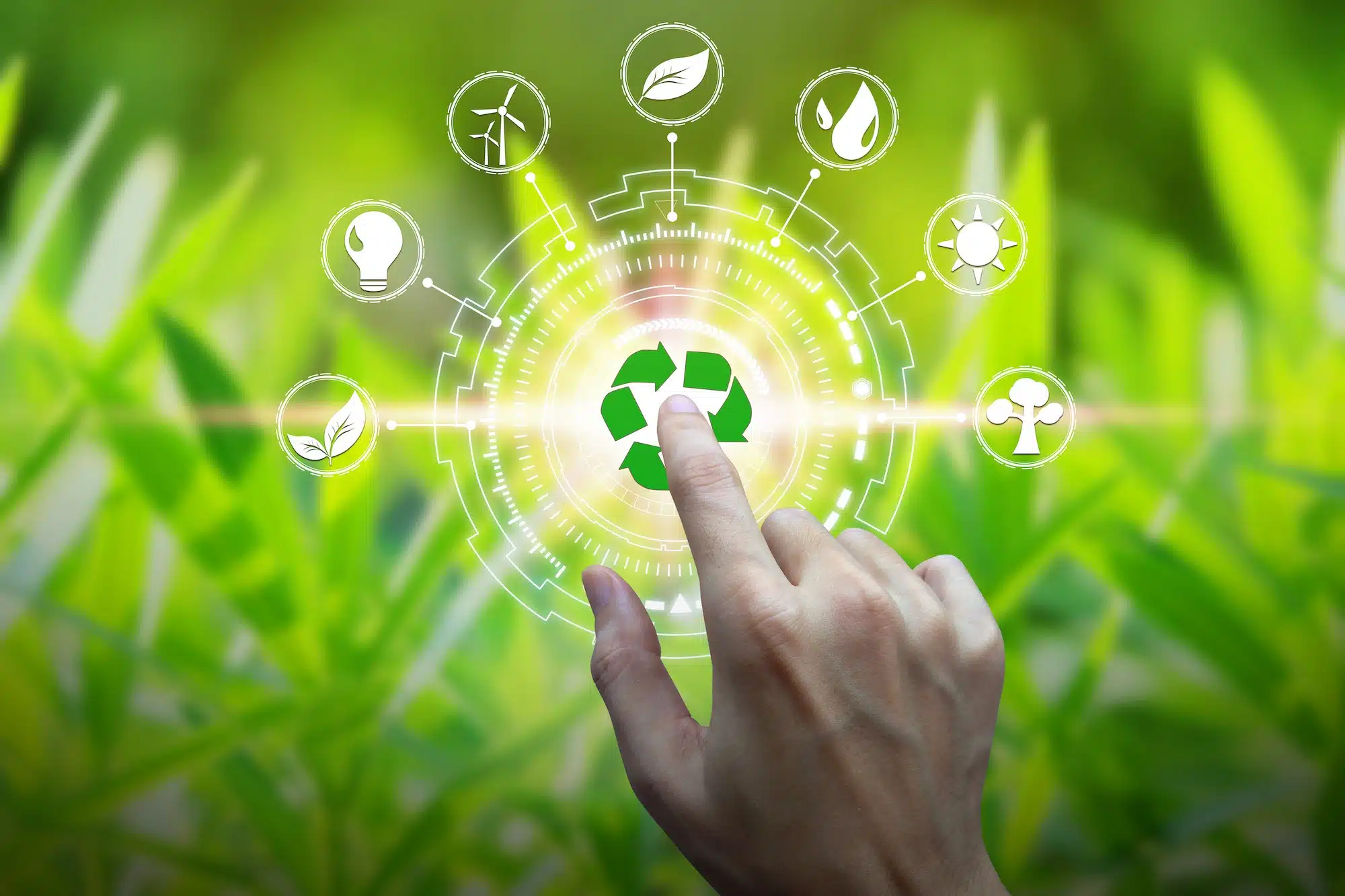tips for adopting a more sustainable lifestyle and taking care of our planet

Nowadays, the need to adopt a more sustainable lifestyle is more urgent than ever. Every action we take, from what we consume to how we move, has a direct impact on our planet. Making conscious changes in our daily routine can not only reduce our ecological footprint but also contribute to the conservation of natural resources and biodiversity. Below are practical tips that we can all implement to care for our environment and live in harmony with nature.
Currently, adopting a sustainable lifestyle has become an imperative need to preserve our planet and ensure a viable future for the coming generations. Through small daily decisions, it is possible to generate a positive impact on the environment. Below are various practical tips that facilitate the implementation of more eco-friendly habits.
Responsible Consumption
One of the main keys to living sustainably is to opt for responsible consumption. This means being aware of what we buy, where it comes from, and its environmental impact. Buying ethically made products, using recycled materials, or those of local origin, reduces the carbon footprint. Moreover, it is essential to lead a minimally consumptive life and prioritize quality over quantity.
Sustainable Eating
The way we eat also has a significant weight on sustainability. Eating more plant-based products and reducing meat and animal-derived consumption helps decrease the pressure on natural resources.
Additionally, it is advisable to purchase organic and seasonal foods, preferably in local markets, to support the regional economy and minimize emissions from transportation.
Waste Reduction
An essential aspect of sustainability is the proper management of waste. Trying to reduce the amount of waste generated, reusing products instead of discarding them, and facilitating recycling becomes a basic practice in any home. Using recyclable packaging, carrying cloth bags when shopping, and avoiding single-use plastics are concrete actions that help reduce environmental impact.
Energy Saving
Energy can represent a considerable part of our environmental impact. Switching to LED bulbs, using energy-efficient appliances, and unplugging devices when not in use are several ways to save energy in our homes. Additionally, choosing renewable energy sources, such as solar or wind power, can contribute positively to the environment.
Sustainable Mobility
Transportation is another area that requires attention. Promoting the use of less polluting modes of transportation, such as bicycles, public transport, or carpooling, can drastically reduce greenhouse gas emissions. For those who need to use a car, opting for electric or hybrid vehicles is a viable option.
Water Conservation
Water is one of our most valuable and often mismanaged resources. Reducing shower time, turning off the tap while brushing our teeth, and collecting rainwater to water plants are some tips to conserve water. Being aware of its use and encouraging conservation is crucial to ensure its future availability.
Community Commitment
Joining community initiatives that promote sustainability, such as cleanups of natural areas, tree planting, or environmental education campaigns, will not only benefit the environment but also strengthen social cohesion. Working together with others can generate a much greater impact and become a source of inspiration for more people.
Adopting Sustainable Habits at Home
Transforming the home into a more eco-friendly space can start with simple practices. Using eco-friendly cleaning products, composting food scraps, and fostering a toxin-free environment are just a few recommendations. By adopting sustainable habits in our immediate environment, a multiplying effect is created that can influence others.
Use of Technology
Technology plays a crucial role in sustainability. Applications that promote recycling, energy saving, or help manage waste can be great allies in adopting a more responsible lifestyle. It is also important to invest in technology that favors the reduction of the carbon footprint.
Education and Awareness
Finally, educating oneself and others about the importance of a sustainable lifestyle is fundamental. Sharing information, participating in workshops, and reading about sustainable practices can be a great boost for the community. By doing so, more people are encouraged to join the effort to care for our planet.
Tips for a Sustainable Lifestyle
Adopting a sustainable lifestyle is not just a trend, but a commitment to our planet. In a world where natural resources are being depleted at an alarming rate, each of our actions can have a significant impact. From the way we consume food to how we move, every choice counts and can contribute to the conservation of the environment.
An essential way to start this path is to begin to reduce, reuse, and recycle. By minimizing waste, we lessen the pressure we exert on natural resources. Buying bulk products, using reusable bags, and opting for recyclable packaging are small actions that, when added up, create a big change.
Another fundamental aspect lies in our eating habits. Incorporating more plant-based foods into our diet and reducing meat consumption not only benefits our health but also that of the planet. Meat production is one of the main contributors to pollution and biodiversity loss, so making adjustments in our food choices can have important positive effects.
Moreover, it is crucial to reflect on our energy consumption. Switching to renewable energy sources, using more efficient appliances, and reducing unnecessary energy use are steps that anyone can take to decrease their carbon footprint. Adopting simple measures, such as switching to LED bulbs or unplugging electrical devices when not in use, can have a significant long-term impact.
Finally, it is essential to educate and share information about sustainability. Raising awareness in our environment and fostering a dialogue about responsible practices can inspire more people to join this cause. Every effort counts in the fight for a more sustainable and healthy future for our planet.




